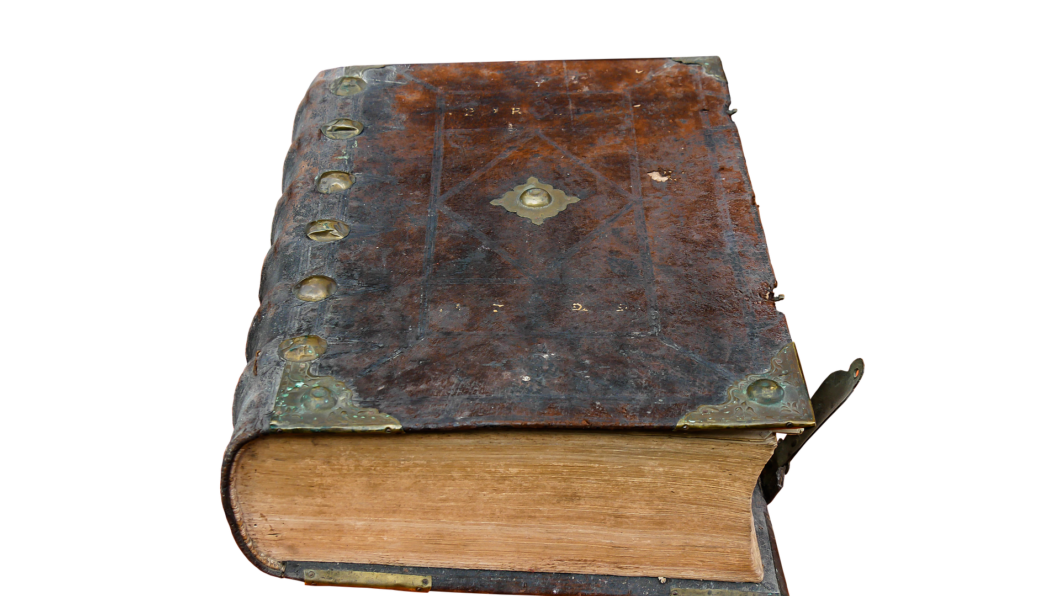
On Bradstreet’s “The Author to her Book”

Bradstreet’s “The Author to her Book,” published in 1678 in the second edition of Bradstreet’s Several Poems, according to the editorial note, sums up some female authors’ fears of public exposure in time periods when it was especially risky to write, in twenty-four powerful lines. She uses words of shame such as “exposed to public view” and participates in the tradition of female authorial humbleness (or self-deprecation), launching the poem by insulting both her book and herself “Thou ill-formed offspring of my feeble brain” (line 1). Some people argue that you can only love your children as much as yourself; and if you see your book as your child, and it isn’t considered proper by larger society for you, a female, to love that book, what does that say about self-love for women writers such as Bradstreet? Bradstreet is betraying the fact that in feminine modesty to be a writer and have work submitted to the public could be a horrific, not a proud, enterprise. It is then curious, to me, that she decries the publication of her book, published against her will, in a book of poetry. In this poem, she combines parenting practice with how one cares for one’s creative work: she “washed thy face, but more defects I saw, / And rubbing off a spot, still made a flaw. / I stretched thy joints to make thee even feet, / Yet still thou runst more hobbling than is meet” (lines 13-16). She is not a proud mother: “Thy visage was so irksome in my site; / Yet being mine own, at length affection would / Thy blemishes amend” (lines 9-11). To me, Mary Shelley’s Frankenstein, written of course two centuries later, comes to mind, a book concerned with motherhood in which a father disowns his creation. Bradstreet does not shrink from shining the light on issues of class and money: the poem ends with “And for thy mother, she alas is poor, / Which caused her thus to send thee out of the door.” This is no romantic notion of poetry/art, emanating from some creative genius: it is a mother’s offspring, which she clearly doesn’t like and isn’t proud to own, attempts to clean up but still feels embarrassed of, yet sends out of the door for money.
Works Cited
Women Poets of the English Civil War, pp. 76-78

